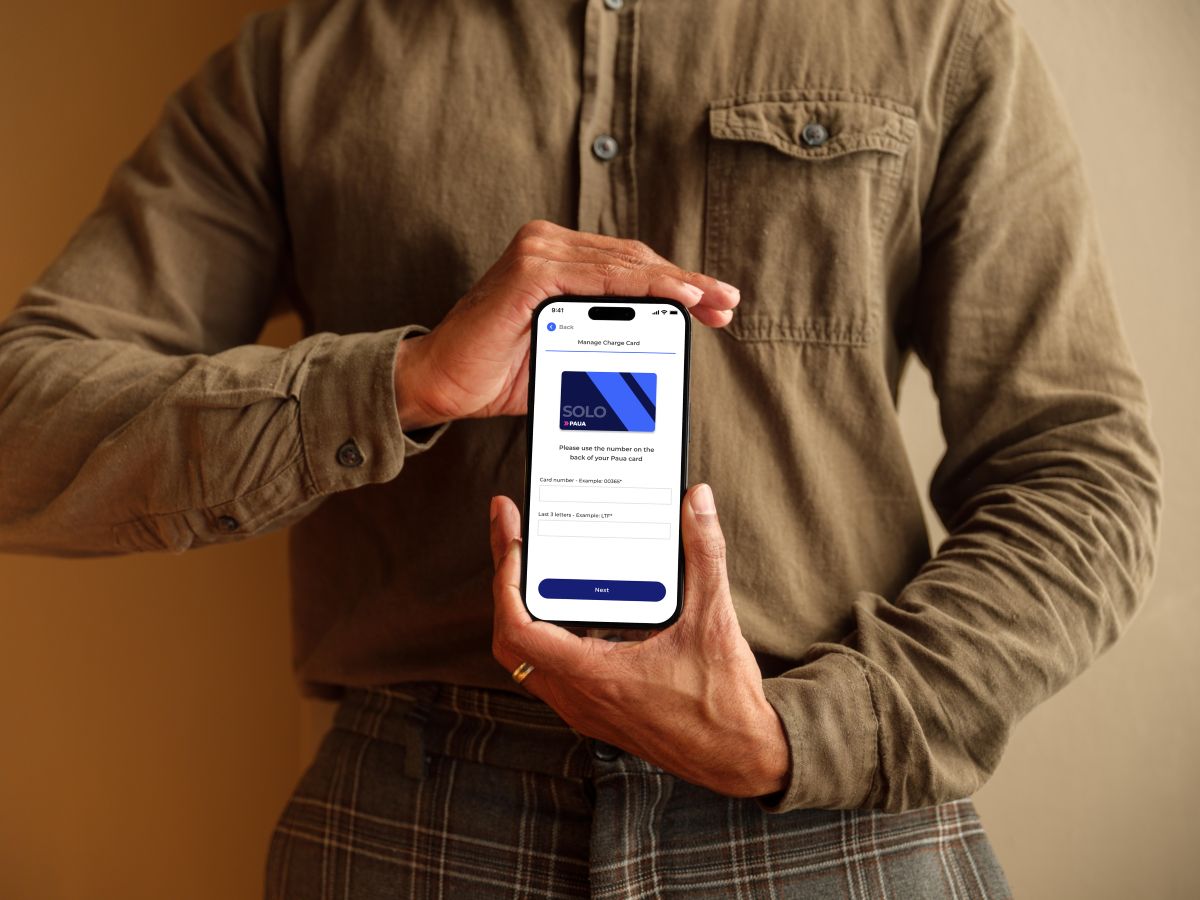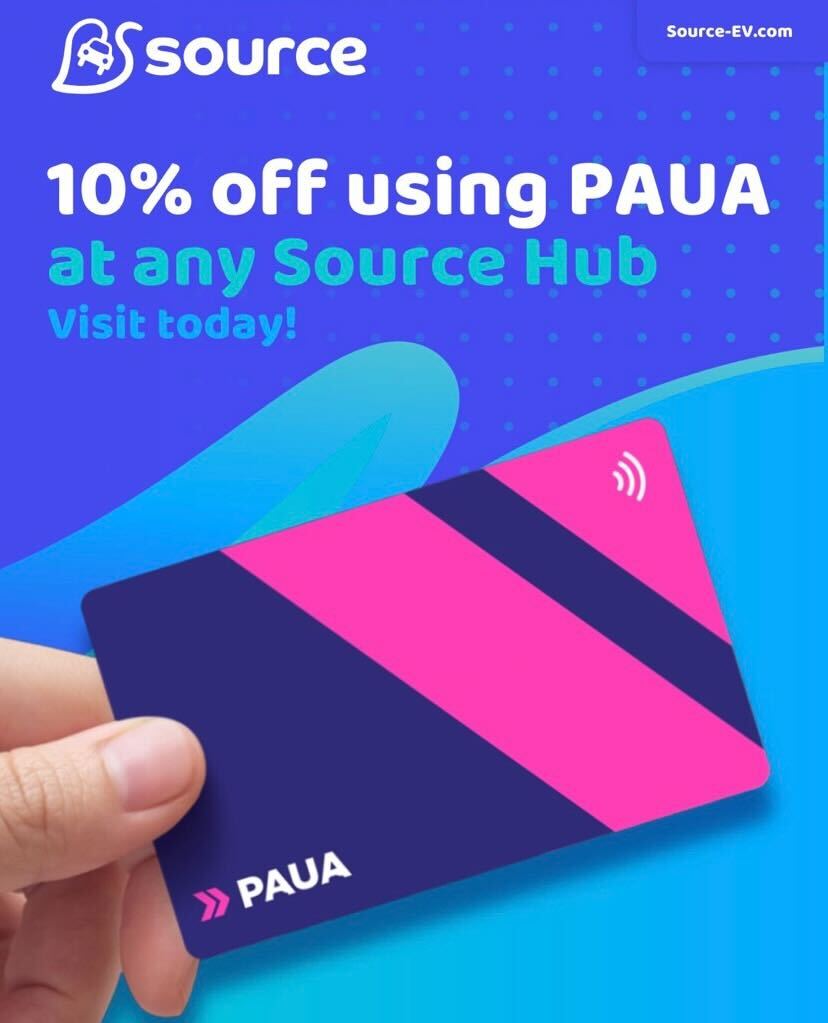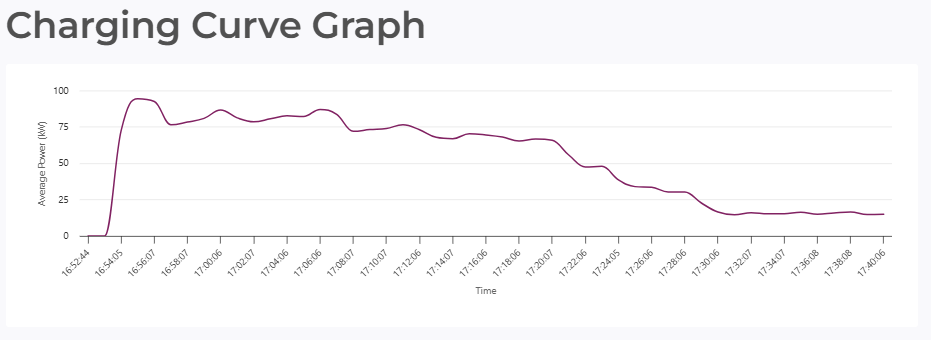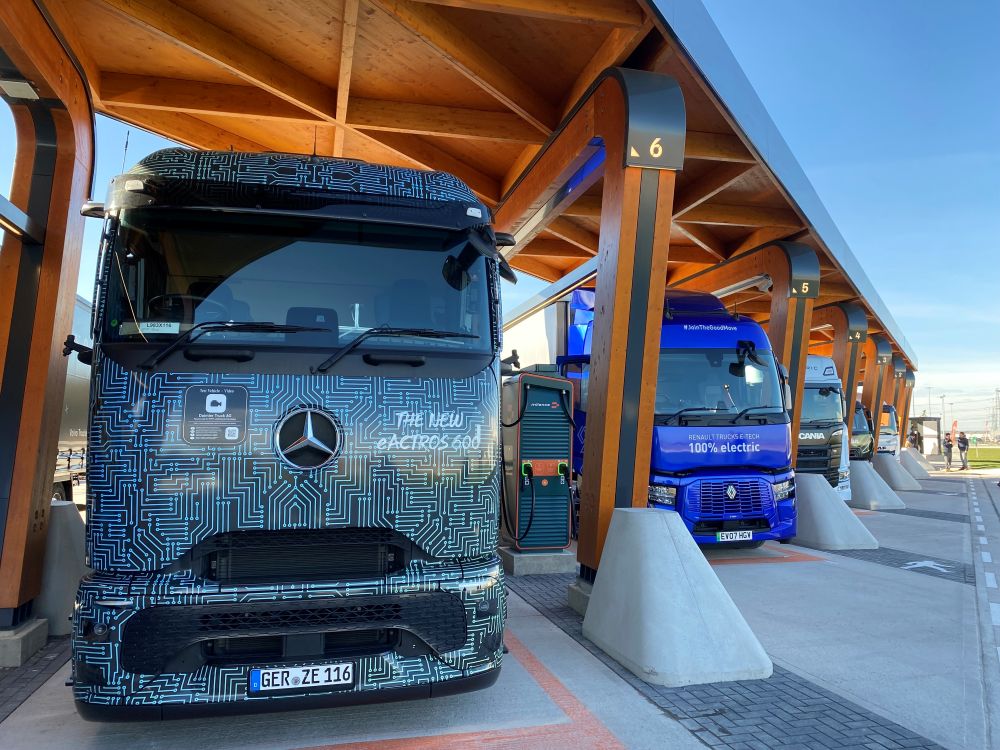TL;DR
Salary sacrifice schemes have made EVs affordable but often exclude the 44% of UK workers without home charging. Paua Solo solves this by adding tax-efficient public charging—saving drivers up to 62%, simplifying payroll, and offering access to 65,000+ connectors nationwide. The result is a fairer, scalable, and truly inclusive EV benefit for all employees.
Why Every Salary Sacrifice Scheme Needs a Public Charging Solution
The next frontier in fair, inclusive, and scalable EV benefits
Salary sacrifice car schemes have transformed the way employees access electric vehicles. They’ve turned expensive EVs into affordable monthly packages, unlocked by tax efficiency and employer support. But while the car is covered, there’s a vital part of the electric journey still missing in many schemes: public charging.
In 2025, solving charging is no longer optional; it’s commercial common sense.

The reality: not every driver can charge at home
The success of salary sacrifice EVs has been remarkable, yet it hides a structural imbalance. Roughly 44% of UK households don’t have off-street parking
That’s almost half the potential workforce who can’t easily install a home charger.
Even for those who can, not all driveways are created equal; some are physically unsuitable, others are restricted by landlords or leasehold rules. In practice, off-street parking doesn’t always mean off-street charging
Without a public charging solution, these employees are either excluded from the scheme entirely or left facing much higher running costs. The result? Salary sacrifice loses its shine for a large part of the workforce.

The perception: public charging is “too expensive”
Ask any driver what’s holding them back from switching to an EV and one concern dominates, the cost of public charging.
Research from EVA England shows that three out of four drivers see high public charging costs as a major barrier to adoption
Compared to home charging at 6-7p per kWh, public chargers can be ten times the price. On ultra-rapid networks, running an EV can even cost more per mile than diesel
For a salary sacrifice scheme, this cost imbalance creates a credibility problem. The entire pitch of “EVs are cheaper to run” unravels the moment a driver realises that charging on the go is dramatically more expensive than advertised.

The commercial opportunity: unlock 44% more drivers
Here’s the good news: fixing this gap creates huge commercial upside.
By enabling tax-efficient public charging, scheme providers can suddenly target the 44% of employees who can’t charge at home. That means more eligible drivers, more vehicle leases, and a fairer offer for everyone.
A Paua customer recently modelled this. By reaching that untapped 44%, their potential sales volume increased from 100 to 178 cars per month, equating to an extra £0.2 million in margin over a three-year term
When you scale that across multiple employer contracts, it’s transformational.

Why salary sacrifice and public charging belong together
A modern EV salary sacrifice package should feel seamless, car, home charging, and public charging all wrapped into one tax-efficient benefit. Here’s why public charging completes the picture:
1. It’s fair
A scheme that only suits employees with driveways is inherently unequal. By adding public charging, employers make the scheme accessible to renters, city dwellers, and those without home chargers. It’s an ESG win and a recruitment boost.
2. It’s tax-efficient
When employees use a pre-tax Paua charging allowance, they save at their marginal tax rate, up to 62% off the cost of public charging
For most drivers, that’s around a 42% saving month after month.
3. It’s simple to manage
Through Paua Solo, the salary sacrifice provider handles a fixed monthly charging balance for each driver. Paua applies the balance directly, manages roll-overs, and handles any overspend securely via the driver’s own payment card
4. It’s flexible
If a driver uses less than their allowance, the balance rolls over. If they use more, the difference is simply charged to their own card; keeping payroll predictable and the experience smooth.
5. It’s nationwide
Paua’s network covers over 65,000 UK public charging connectors across 50+ networks, more locations than petrol stations
Every driver, wherever they live, can plug in with one card and one app.

How Paua Solo solves the challenge
Paua Solo is the UK’s first salary sacrifice public charging solution designed specifically for scheme providers, employers, and their drivers.
For employees
- Add a Paua EV charge card to your salary sacrifice package
- Choose a fixed monthly allowance (£25-£100 typical)
- Charge on over 65,000 connectors nationwide
- Save up to 62% at your tax rate
- Manage top-ups and usage in the Paua app
For employers
- Reduce National Insurance contributions by 15% on the sacrificed salary
- Offer a fairer, more inclusive scheme for your whole workforce
- Improve employee retention and sustainability credentials
For scheme providers
- Add Paua Solo seamlessly to onboarding workflows via spreadsheet or API
- Gain access to a full dashboard for driver and employer management
- Invoice monthly with a transparent % Paua fee structure

Why fixed-balance beats post-pay models
Some competitors take a post-pay approach, charging employees after they’ve used public charging. This may sound flexible, but it introduces complexity and tax risk.
Paua Solo’s fixed pre-tax model gives everyone clarity:
- The sacrificed amount is clearly defined up front.
- Payroll and tax reporting stay clean.
- HMRC compliance is straightforward.
- The employee knows exactly what they’re getting each month.
Predictability beats uncertainty every time, for both the employer and the scheme provider.

Making EV benefits genuinely inclusive
Adding a public charging solution isn’t just about saving money; it’s about expanding access. Without it, salary sacrifice benefits tend to favour homeowners, typically higher earners with driveways.
With Paua Solo, every driver can enjoy the same benefit, whether they live in a flat, terrace, or rented home. That’s a big deal for employers looking to build greener, fairer benefits packages that align with their diversity and sustainability goals.

Conclusion: the missing link is finally fixed
Salary sacrifice schemes have revolutionised EV adoption. But to make them truly universal, and commercially optimised, they need to include public charging.
With Paua Solo, scheme providers can:
- Unlock up to 44% more potential customers
- Offer predictable, tax-efficient charging
- Deliver a seamless, compliant, nationwide experience
The result? A salary sacrifice scheme that’s fairer, smarter, and built for everyone who wants to drive electric.
EV charging on the go; now up to 62% off with Paua Solo.






